
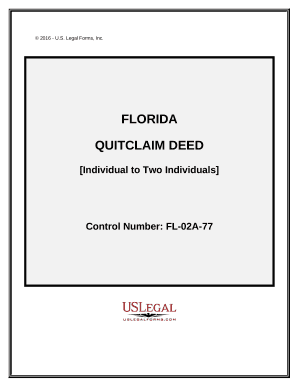
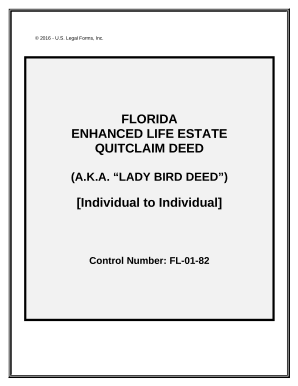
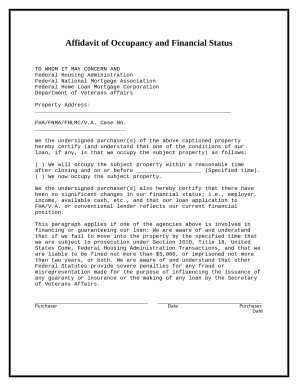
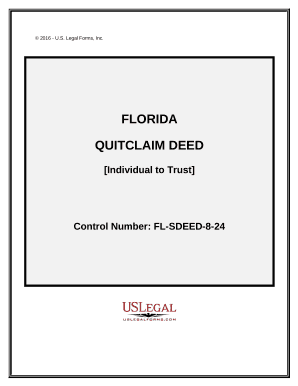
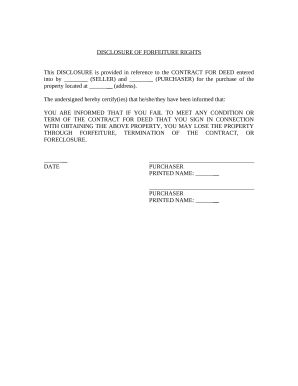
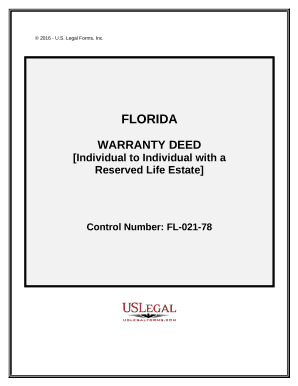
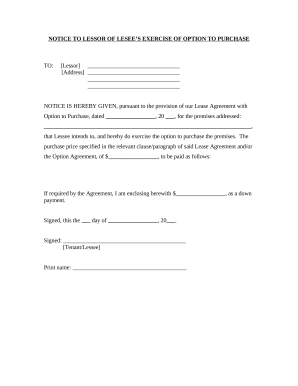
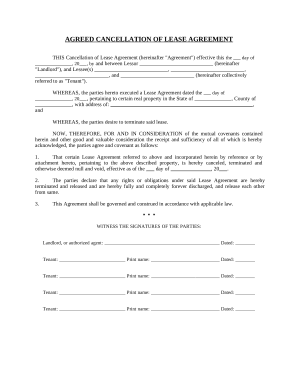

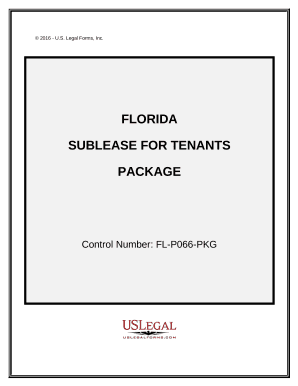
Document managing can overwhelm you when you can’t discover all the forms you need. Luckily, with DocHub's substantial form collection, you can discover all you need and promptly deal with it without the need of changing among software. Get our Florida Property Legal Forms and begin working with them.
The best way to manage our Florida Property Legal Forms using these easy steps:
Try out DocHub and browse our Florida Property Legal Forms category with ease. Get your free account today!